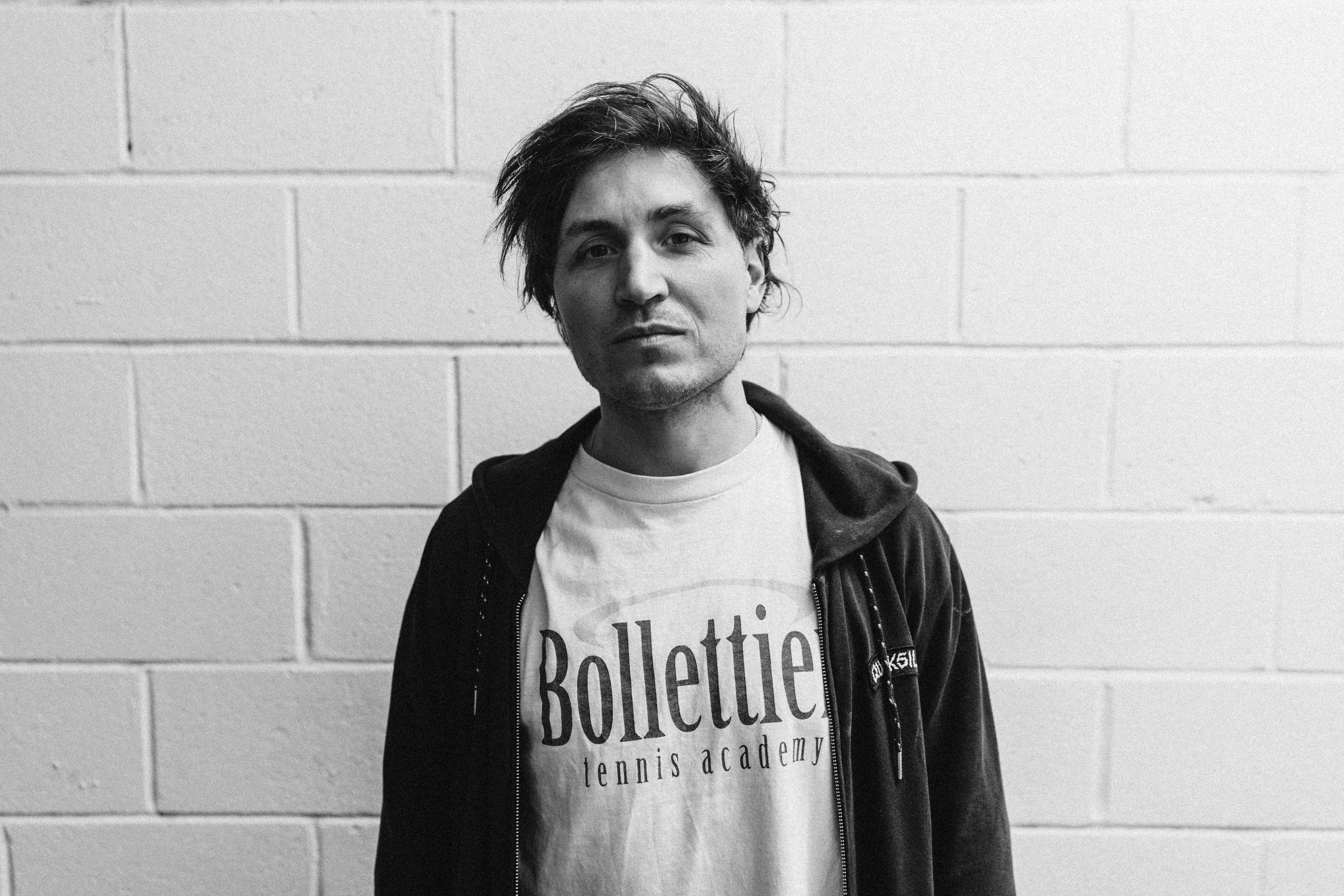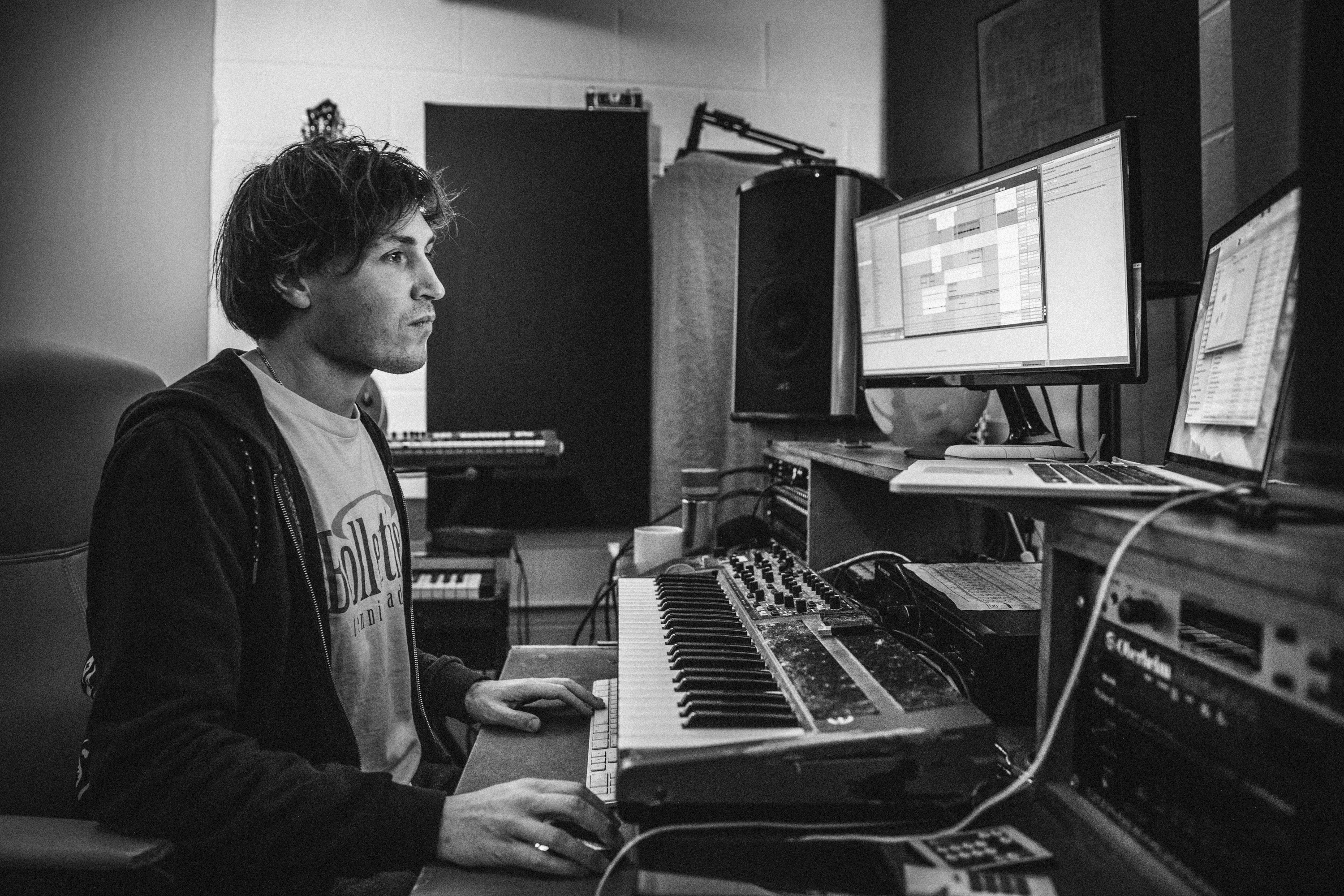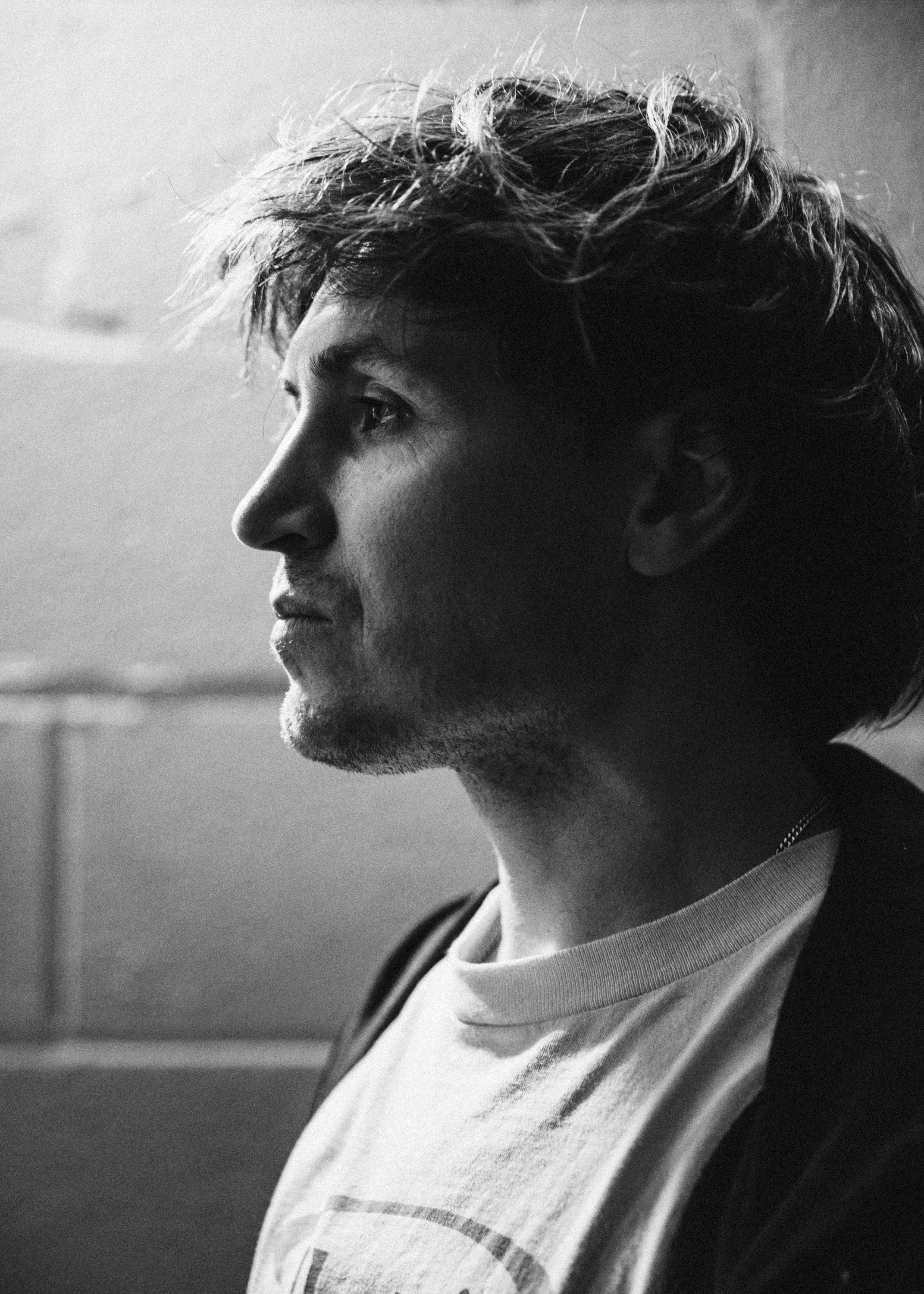113: CJ Mirra/Buried Melodies

“Creativity is an opportunity to reflect. Which way are you pointing your reflection? You try and go on inspiration and instinct, but you learn a lot about yourself and what you’re trying to make if you start to look at what that actually is.”
The importance of creative confidence has been a constant theme since I began the podcast in February 2017. Think of my conversations with Nick Jenson, Mickey Smith or Sachi Cunningham, to name just three where this topic has loomed large.
From those conversations we learned that this bravery is required if you’re going to stick to your creative guns.
We also learned that it is equally essential if you’re going to understand a crucial lesson: that the process of creating is the point, not some nebulous idea of ‘success’ or acceptance.

And it is also critical if you’re going to accept and be comfortable with your own place in the artistic eco-system – and give yourself permission to enjoy the act of creativity in the long term.
These are lessons CJ Mirra knows well, and are partly why he’s been able to develop such a singular and intriguing musical aesthetic. He’s best known for his collaborations with director and previous guest Chris McClean; notably Translate, their ‘pan-European surf odyssey / live / audio / visual experiment’ which they performed live for the first time at the 2019 London Surf Film Festival.

But as I discovered when I went to visit him at his Leyton studio in February 2020, there’s much more to CJ than this. I very much enjoyed our chat about all things creative and musical, and I hope you do too.
Listen to the episode here:
Connect with CJ Mirra
Show Notes
- New place.
- n+1.
- Old and new gear.
- The analogue domain.
- Finisterre in-store.
- Final stages of Translate.
- Working closely with Chris McClean.
- Editing and composing on the fly.
- Swimming.
- Myspace Tom.
- “Sometimes, just for fun, we’d write for imaginary or existing themes”.
- Telling a story without words.
- “Surfing is abstract”.
- Sonic identity.
- Getting into sound design.
- Being on shoot.
- What is music vs what is sound.
- Melodic.
- Making space in a film for the musical idea.
- Field recording.
- Layering sounds.
- BBC Life.
- The Humboldt Current.
- “What waves sound like underwater”.
- Chris Watson’s sound library.
- BBC Radiophonics.
- Chris Watson’s Backwash interview.
- Being literal.
- Anchoring motifs.
- Brutal honesty.
- Going live.
- Musical tastes.
- “Soundtracky”.
- Group of reference points.
- Working with the drummer.
- Space to improvise.
- STATIC.
- Destroy Us / Headache OST.
- Radio edits.
- “That’s why musicians have producers”.
- Pushing for music festivals.
- Vinyl.
- Next 3 films.
- CJ’s Mirror Maze.
- “When I was a teenager it felt so automatic”
- Blur – ‘Girls and Boys’.
- “It’s freaking Nevermind”.
- Making music as a teenager.
- DIY bands.
- “It was tricky to know what we were, because we wanted to do all of it”.
- Having two kids.
- Freelance blag.
- Evolvement of creativity.
- Where the name comes from.
- “I can talk about surf soundtracks and gear all day”.
People Mentioned
- Chris McClean
- Owen Tozer
- Kevin Kelly
- THePETEBOX
- Bivouac
- Chris Watson
- Cabaret Voltaire
- Kirk Spencer
- Andrea Balency
- Forest Swords
- Oneohtrix Point Never
- Boards of Canada
- Nils Frahm
- Tusks
- Charles Watson
- Slow Club
- Lee-Ann Curren
- Danny Trachtenberg
- Jaz Coleman
Places Mentioned
- Leyton, London
- Exeter, UK
- Kielder Forest, UK
- Nottingham, UK
- Barcelona, Spain
- Newcastle, UK
- Sunderland, UK
- Cornwall, UK
Companies/Brands/Organisations Mentioned
- London Surf Film Festival
- Hagstrom
- Finisterre
- Soundcloud
- Touch Records
- Backwash
- Warp
- Kendal Film Festival
- State 51
- Watergate Bay Hotel
Films Mentioned
- Translate
- Beyond the Scars
- Edges of Sanity
- Norfolk
- Chasing Zero
- The Tunnel